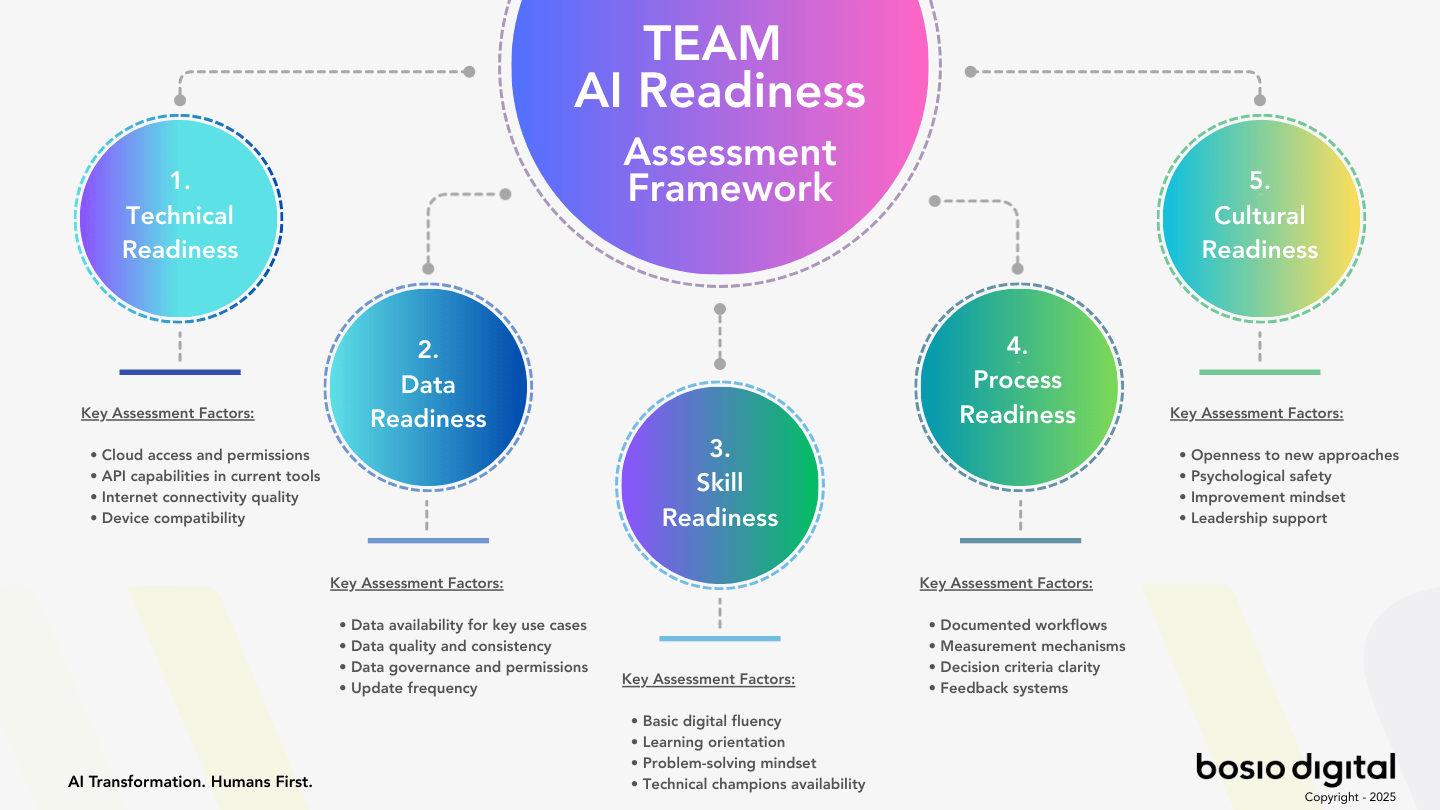
There are currently around 5.03 billion people using the internet worldwide.
These days, almost every company needs to have an online presence, and keeping up to date with the latest trends is crucial. One of the most important current trends is Web3, which is changing the way people use the internet. Knowing what Web3 is and how it will affect your business can help you prepare for the coming years and will give you an edge over the competition.
So what is Web3, and what does it mean for your business? Keep reading to find out.
What Is Web3?
January 1, 1983, is when the internet as we know it was created. Since this date, there have been some incredible advancements made. While it seems like things are always changing, what many people don’t realize is that we’re only in the second iteration of the internet and currently moving into the third.
Things started with Web 1.0, which had fairly limited functionality. It allowed people to visit static websites where they could consume content and not much else. The internet that most people are familiar with is Web 2.0. This introduced things like social media platforms, streaming services, content creation, and more. Most websites are currently based on Web 2.0, but some are already making the transition to Web3.
It’s essentially still a work in progress, so there is no solid Web3 definition yet. In general, the Web3 meaning would be ‘decentralized internet. With Web 1.0 and Web 2.0, large corporations like Apple and Google have typically had control over things. The idea behind decentralization is that it gives control to the users. This is done using blockchain technology.
The blockchain is mostly associated with cryptocurrencies, but as the technology has advanced, it has also expanded. Many now believe it will be the foundation for the future of the internet. As a business owner, it’s important to understand the benefits of Web3 so that you can base a solid digital strategy around it.
Web3, also known as the decentralized web, is the next evolution of the internet. It represents a shift towards a more decentralized and democratized online environment, where users have greater control over their data and online interactions.
One of the key technologies powering web 3.0 is blockchain, which allows for the creation of decentralized apps (dApps) and decentralized autonomous organizations (DAOs). These dApps and DAOs operate on a decentralized network, rather than being controlled by a single entity, making them more resistant to censorship and tampering.
Web3 also includes a range of other technologies, such as peer-to-peer networking and decentralized storage, non-fungible tokens (NFT) that contribute to a more decentralized and secure online environment.
So what does all of this mean for the average internet user? In the world of web3, users have the power to own and control their own data, rather than having it controlled by large tech companies. This could lead to a more privacy-conscious internet, where users have greater control over who has access to their personal information.
Web3 also has the potential to democratize access to online resources, as it allows for the creation of decentralized marketplaces and peer-to-peer networks that bypass traditional intermediaries. This could lead to lower fees and greater access to services and resources for users around the world.
Overall, web3 represents a major shift in the way we interact with the internet and has the potential to revolutionize the way we access and share information online. While it is still in the early stages of development, it is an exciting glimpse into the future of the internet and the many possibilities it holds.
The Benefits of Web3
One of the main reasons brands are adopting Web3 is because it provides several advantages that aren’t present on Web 2.0. These can be beneficial for businesses as well as users.
User Data Control
Most brands currently need to work through intermediaries like Amazon, Google, or Facebook. There have been many concerns over the years about what these companies do with users’ personal data. With Web3, companies can interact directly with their audience. People maintain ownership of their own data, so there’s no need to worry about it being used by third parties. Web3 also encrypts data to ensure other people can’t access it without the owner’s permission.This has previously been commonly seen with ads that target users based on their online activity. Companies will have to offer some sort of value to be able to continue doing this.
Security
Security has always been a concern with the internet, and Web3 aims to make things safer than ever before. Blockchain technology makes it harder for hackers and cyber criminals to attack networks and cause harm.
Access to Information
Things like smartphones and advancements in cloud technology have made it much easier for people to access data from any location. Web3 aims to improve on this further, making remote work and other tasks more viable, as long as people have an active internet connection.
No Central Control
No large companies, entities, or even governments can interfere with a blockchain. All data is encrypted, and the rules are set in stone. This also means no one will be able to take down someone else’s site or take control of anyone else’s identity.
Uninterrupted Service
It will be much less likely that people will have accounts suspended or be denied services. There are no single points of reliance, which means it’s highly unlikely that any service on Web3 will go down. Numerous backups will ensure servers don’t fail, and potential downtime is significantly decreased.
Permissionless
There are currently plenty of restrictions in place when it comes to internet use. These are often based on things like location, income, or even demographical factors like gender and sexual orientation.
Web3 removes such restrictions, allowing anyone to create an address and make use of the blockchain. This also applies to any transfers/transactions people want to make. Someone could send money to another individual, anywhere in the world, quickly and efficiently.
How Will Web3 Affect Your Business?
Web3 will provide various opportunities for businesses to grow and expand. If you know what these are before your competitors, you may be able to implement them first, helping your brand stand out.
Digital Revenue Streams
Some brands already accept cryptocurrency payments. Introducing these will show that your brand is moving into the future and presents a new way for you to generate income. This can be especially useful if you sell products or services internationally, as customers won’t have to worry about international transfer fees or exchange rates.
Content
Content is king on the internet, and you’ll need to take a look at your strategy to see what improvements can be made. You’ll need to ensure you’re putting out authoritative content that’s suitable for various buyer personas and audience segments. Rather than using individual long-form content pages, you might be better off with smaller pieces of content that cover topics from different angles.
Online/Offline Blending
Decentralized websites will make it easier for brands to connect with customers. Virtual and hybrid experiences can improve customer relationships and help audiences better understand brands. Through the Metaverse, you’ll be able to directly engage with customers, helping to build trust and providing you with better customer insights.
The Future of Web3
So you’re no longer wondering, “What is web3?” Yet, things are always changing, and as time goes by, new developments and opportunities will arise. To make the most of these, you want to make sure your brand is ready for digital transformation and has a strategy that’s suited for the coming developments.
At bosio.digital we specialize in digital strategy, brand development, content development, and more. We can help prepare your brand for the future so you can get ahead of the competition. To find out more about how we can help your business, click here to contact us today.












